Search Results
Showing results 1 to 20 of 62
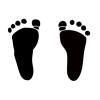
Right Foot/Left Foot
Source Institutions
In this activity (2nd on the page), learners conduct a series of tests to find out which foot is more dominant. In other words, are they right-footed or left-footed?
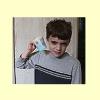
Mix and Match
Source Institutions
In this activity (7th activity on the page), learners use their sense of hearing to find a "sound match." Learners shake containers filled with items like dry seeds, sand, beans, etc.
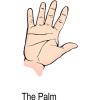
Right Hand/Left Hand
Source Institutions
In this activity (1st on the page), learners conduct a series of tests to find out which of their hands is more dominant. In other words, are they right-handed or left-handed?
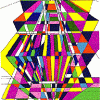
Our Sense of Sight: Color Vision
Source Institutions
In this activity, learners investigate color vision as well as plan and conduct their own experiments.
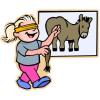
The Space Place
Source Institutions
In this activity (23rd on the page), learners conduct an experiment to examine memory and learning.
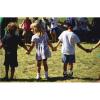
In the Middle
Source Institutions
In this game-like activity (5th activity on the page), learners explore their auditory acuity as well as the importance of having two ears.
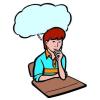
False Memories
Source Institutions
Use this activity (10th on the page) to help learners explore memory and how sometimes your brain makes up its own memories. Learners will read and try to remember the words in list #1.
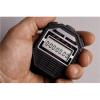
Built in Stopwatch
Source Institutions
In this activity (3rd on the page), learners investigate circadian rhythms by examining how well people do with estimating time.
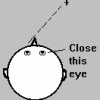
Our Sense of Sight: How We Perceive Movement, Depth and Illusions
Source Institutions
In this activity, learners investigate visual perception as well as plan and conduct their own experiments.
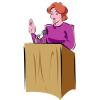
Eyewitness Game
Source Institutions
In this demonstration (9th on the page), learners explore eyewitness memory and how memories differ amongst individuals. While the rest of the group is minding their own business (i.e.
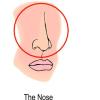
Smell Detective
Source Institutions
In this activity about olfaction (8th activity on the page), learners smell 10 different items with different odors. Then they try to identify the smells when they are mixed together.

Tasty Buds
Source Institutions
In this activity (1st activity on the page), learners explore their sense of taste and the structure of the tongue by taste-testing various foods.

Tactile Double Trouble
Source Institutions
In this activity (11th activity on the page), learners use their sense of touch to identify matching pairs of objects hidden in bags. Learners can also play this game with partners.
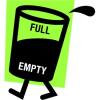
Half Full or Half Empty
Source Institutions
In this activity (12th activity on the page), learners conduct an experiment to demonstrate how muscles are constantly feeding information to the brain about what they are doing.
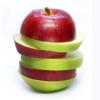
The Nose Knows
Source Institutions
In this activity (2nd activity on the page), learners explore how the nose is responsible for part of the flavor we taste in food.
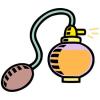
Make Your Own Perfume
Source Institutions
In this activity about olfaction (7th activity on the page), learners use natural ingredients to concoct their own perfume.
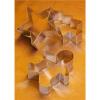
Active Touch
Source Institutions
In this activity (14th activity on the page) about the sense of touch, learners examine if it is easier or harder to identify an object if they move their hands over it.
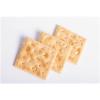
No Saliva, No Taste?
Source Institutions
In this activity (4th activity on the page), learners test to see if saliva is necessary for food to have taste.
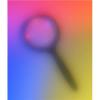
Color Spy
Source Institutions
In this activity (16th on the page), learners play a variation of the "I Spy" game to explore color. Learners work in teams with each team assigned a color.
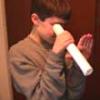
X-Ray Vision?
Source Institutions
In this activity (13th on the page), learners complete a simple illusion trick to see through their own hand.
